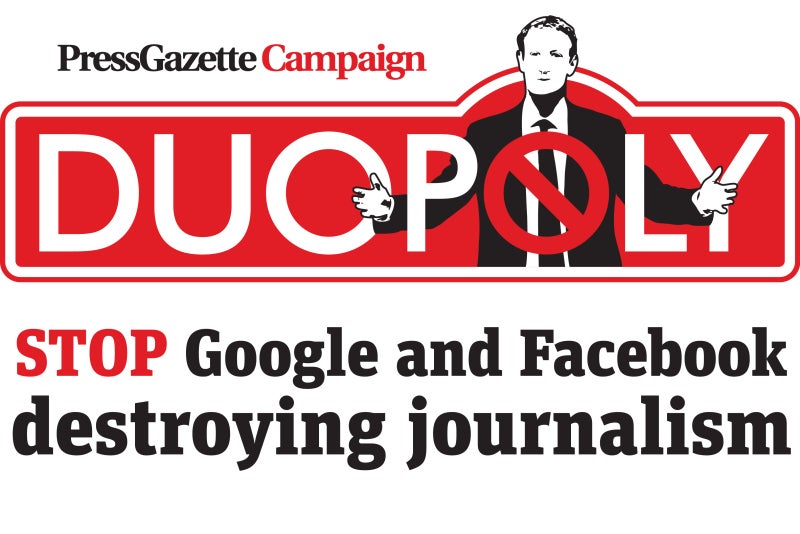
Information Commissioner Elizabeth Denham has warned that Facebook is no longer just a platform and needs to face up to its legal and social responsiblities.
Her office is currently investigating the use of personal data on social media for political purposes.
The Conservative Party spent £1.2m on Facebook advertising in the 2015 general election, outspending Labour by at least ten to one.
The Observer reported earlier this month that £4.7m was spent by pro Leave groups during last year’s EU referendum with Canada-based AggregateIQ to harvest data about Britons on Facebook and then target them with personalised adverts.
AggregateIQ appears to be closely linked to Cambridge Analytica, the political campaigning firm funded by US billionaire Robert Mercer which helped get Donald Trump elected.
Denham said her office has been in touch with both Cambridge Analytica and Aggregate IQ as well as other data analytics companies “trying to shine a light on the use of personal data of voters to target them in some way during political campaigns”.
She said she has also written to all the political parties to remind them that “the law applies to the collection of data even when we are talking about Facebook posts and Twitter feeds”.
She said: “There’s been allegations that there’s been a lot of trade and analysis of people’s digital trails online that then allows political campaigns to serve up ads that are micro targeted to those individuals.
“I think everybody understands that political parties need to engage with the electorate, I think people understand that there may be some macro targeting and collection.
“If political campaigns or third party companies are able to gather up very precise digital trails to then individually target people. I think that’s an area where they are going to be offside the law.”
Asked whether Facebook has a duty to be more careful over the sort of advertising it carries, she said: “Facebook and other social media companies are very powerful and I think there’s a shifting role in what they actually are.
“They are just not a platform any more. I think there are some legal and social responsibilities for them to realise the reach and the impact on people’s likes.
“When you look at politics and political parties and campaigning, this is a really critical part of our democracy so that’s why I think this is an important investigation.
“It’s a priority for my office, I have an entire team, I have technologists on it and legal counsel. It will be complicated, it will take many months but we are dedicated to shining a light on this for UK citizens.”
Facebook made around £1.5bn in advertising in the UK last year and Google made around £4.5bn.
The web giants are expected to take 71 per cent of UK digital advertising by 2020.
Press Gazette has launched a campaign called Duopoly which aims to highlight concerns that the two US giants are squeezing news publishers out of the market and failing to fairly share advertising revenue with the creators of the news content upon which their platforms increasingly rely.

Email pged@pressgazette.co.uk to point out mistakes, provide story tips or send in a letter for publication on our "Letters Page" blog
